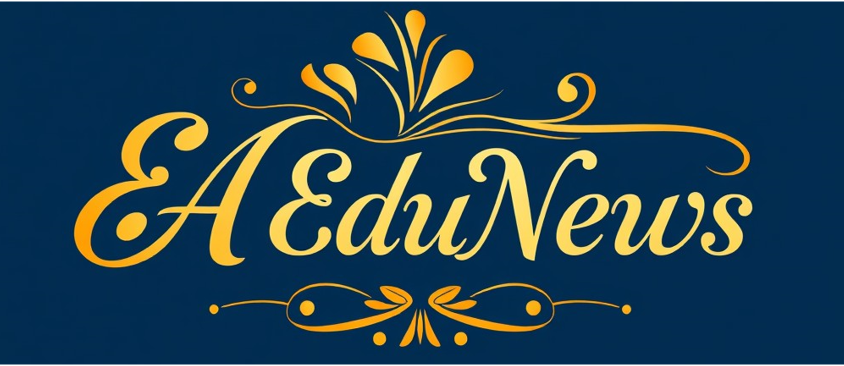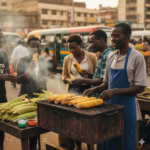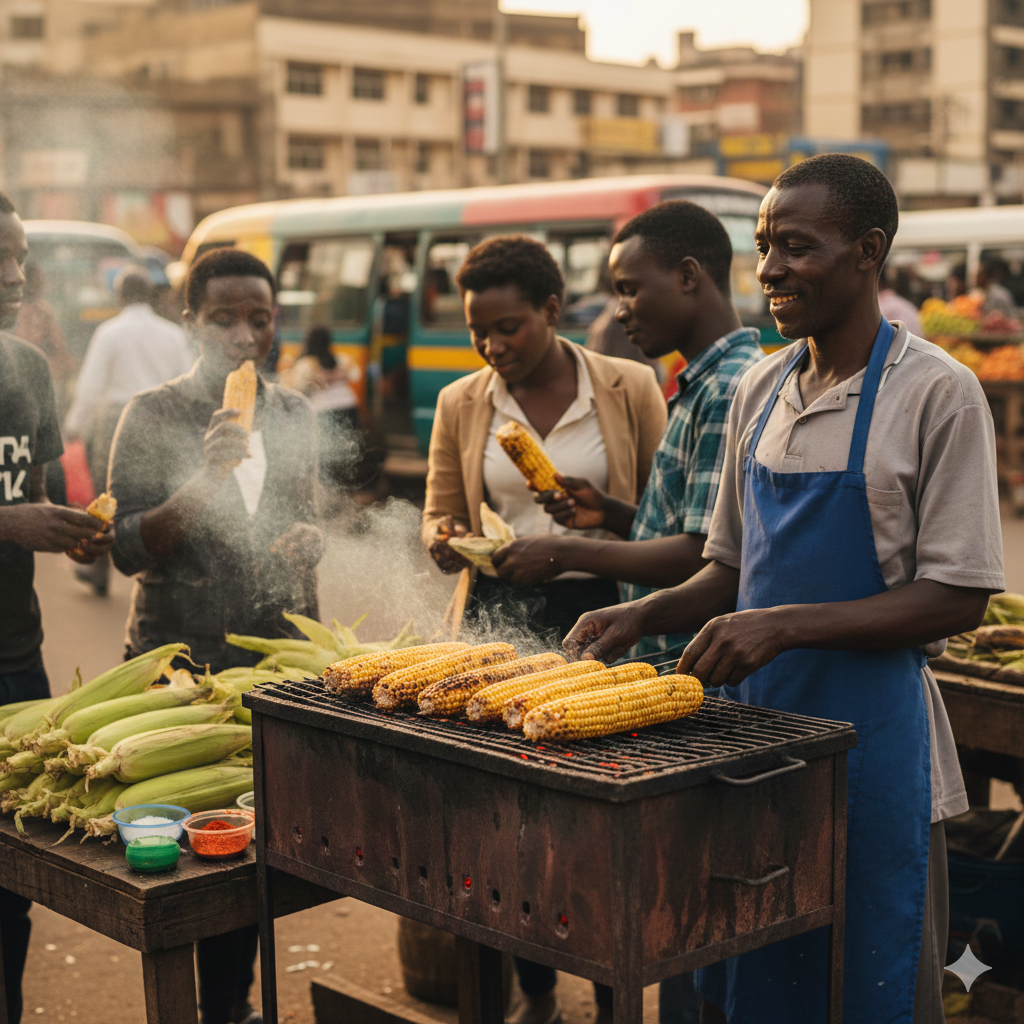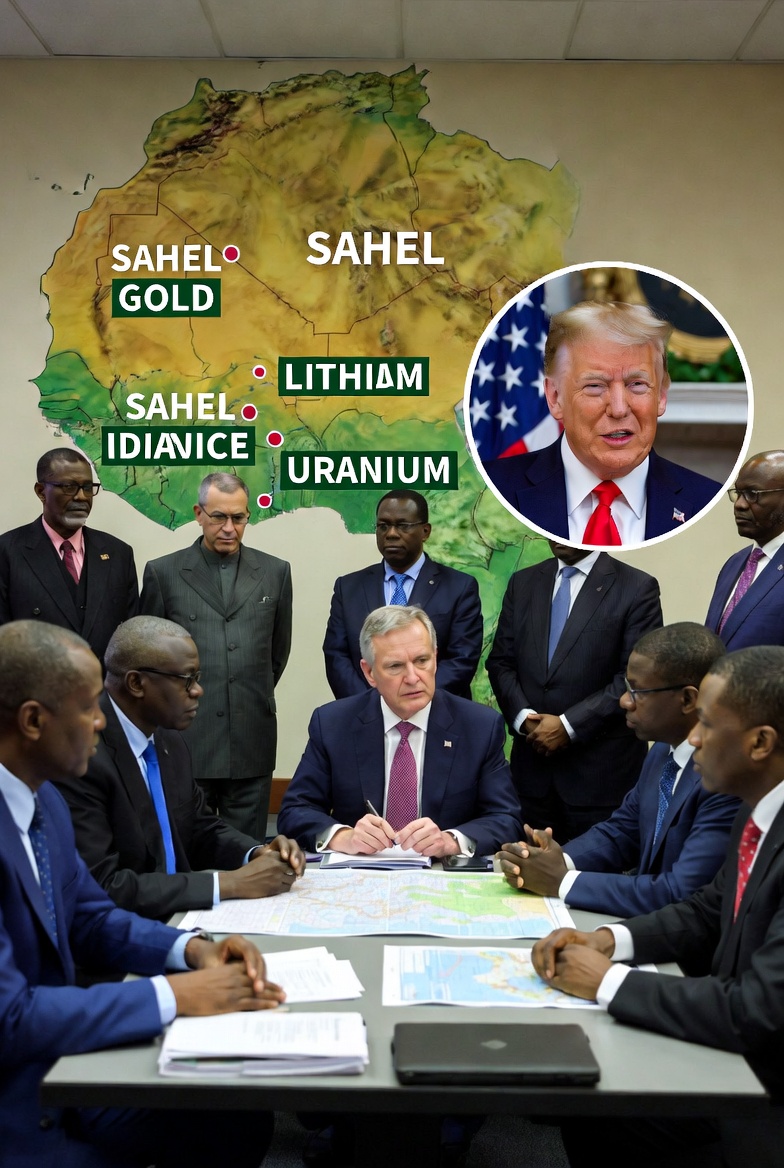Key Points
- Equity Bank’s largest shareholder is Arise BV, with a 12.76% stake, based on March 2023 data.
- Other major shareholders include James Mwangi (3.38%) and the Employee Stock Ownership Plan (3.08%).
- Nominee accounts like Standard Chartered and Stanbic hold significant shares, reflecting international investment.
- Over 28,000 retail investors collectively own about 60.15%, showing broad public ownership.
- For the latest details, check Equity Group Holdings’ investor relations page, as ownership may have changed since 2023.
Overview
Equity Bank, a leading African financial institution, has a diverse shareholder base that reflects both institutional and retail investment. Here’s a breakdown of its major shareholders based on available data from March 2023, with a note that updates may have occurred since then.
Major Shareholders
The largest shareholder is Arise BV, holding 12.76%, an investment vehicle focused on African financial growth. Key individual and institutional holders include:
- James Mwangi, the CEO, with a 3.38% stake.
- The Employee Stock Ownership Plan (ESOP), at 3.08%, representing employee interests.
- Nominee accounts like Standard Chartered and Stanbic, with stakes ranging from 1.95% to 4.35%, often representing foreign investors.
Retail Investor Base
A significant 60.15% of shares are held by over 28,000 retail investors, highlighting Equity Bank’s appeal to the public and its commitment to inclusive ownership.
Current Information
Given the data is from March 2023, for the most accurate and up-to-date shareholder details, it’s recommended to visit the official investor relations page at Equity Group Holdings Investor Relations.
Detailed Analysis of Equity Bank’s Shareholder Structure
Equity Bank, founded in 1984 as Equity Building Society and now a regional powerhouse serving over 14 million customers across six African countries, has a complex and diverse ownership structure. This analysis, based on data primarily from March 2023 with additional insights from early 2023 reports, provides a comprehensive look at its major shareholders, institutional holdings, and retail investor base. Note that ownership structures can evolve, and for the latest details, stakeholders are encouraged to consult Equity Group Holdings’ official investor relations page at Equity Group Holdings Investor Relations.
Largest Shareholder: Arise BV
Arise BV, an investment vehicle established in 2016 and jointly owned by Norfund, Rabobank, FMO, and NorFinance, is Equity Bank’s largest shareholder with a 12.76% stake as of March 2023. This holding was further strengthened by an acquisition of 29 million additional shares worth Ksh1.1 billion in June 2022, bringing its total to 481.5 million shares. Arise BV’s mission is to contribute to economic growth and poverty reduction in sub-Saharan Africa by developing strong financial institutions, making it a significant player in Equity Bank’s governance and strategic direction.
Other Major Shareholders
Beyond Arise BV, Equity Bank’s ownership includes several notable stakeholders, as detailed in the following table based on March 2023 data:
| Rank | Name of Owner | Percentage Ownership |
|---|---|---|
| 1 | Arise BV of Norway and Netherlands | 12.76 |
| 2 | Standard Chartered Nominees Non Resd A/C Ke11752 | 4.35 |
| 3 | Stanbic Nominees LTD A/C NR3530153 | 3.98 |
| 4 | James Njuguna Mwangi | 3.38 |
| 5 | Equity Bank Employees’ Share Ownership Plan | 3.08 |
| 6 | Standard Chartered Kenya Nominees Ltd A/C KE004667 | 2.89 |
| 7 | Fortress Highlands Limited | 2.67 |
| 8 | Aib Nominee A/C Solidus Holdings Ltd | 2.38 |
| 9 | Standard Chartered Kenya Nominees Ltd A/C KE005073 | 2.34 |
| 10 | Standard Chartered Kenya Nominees Ltd A/C KE002596 | 1.95 |
| 11 | Other shareholders | 60.15 |
| Total | 100.00 |
Key figures include James Njuguna Mwangi, the bank’s CEO, with a 3.38% stake, reflecting his significant influence as the largest individual shareholder. The Equity Bank Employees’ Share Ownership Plan (ESOP) holds 3.08%, promoting employee alignment with the bank’s success. Additional reports from early 2023 mention the International Finance Corporation (IFC) with a 6.71% stake, acquired from British American Investments, though this was not detailed in the March 2023 Wikipedia data, suggesting potential updates or variations in reporting.
Institutional and Nominee Holdings
A substantial portion of Equity Bank’s shares is held through nominee accounts, which often represent foreign or institutional investors. For instance:
- Standard Chartered Nominees and Stanbic Nominees collectively hold significant stakes, with percentages ranging from 1.95% to 4.35%. These accounts typically represent diversified investment portfolios, including those of international financial institutions, highlighting Equity Bank’s attractiveness to global capital.
- Other institutional holders like Fortress Highlands Limited (2.67%) and Aib Nominee A/C Solidus Holdings Ltd (2.38%) further illustrate the presence of both local and international institutional investment.
These nominee and institutional holdings are crucial, as they often indicate the confidence of global investors in Equity Bank’s regional leadership and growth potential.
Retail and Other Shareholders
Equity Bank boasts a broad base of retail shareholders, with over 28,000 individual investors collectively owning 60.15% of the bank as of March 2023. This democratized ownership structure is a testament to the bank’s commitment to financial inclusion and its appeal to small investors. The high number of retail shareholders also reflects the trust and confidence that the Kenyan public, in particular, has in Equity Bank’s long-term prospects, given its roots and growth trajectory since its founding.
Historical Context and Evolution
Equity Bank’s journey from a building society to a regional banking giant has been marked by strategic acquisitions and expansions, such as its entry into the Democratic Republic of Congo through the acquisition of ProCredit Bank Congo in 2015 and talks to acquire Banque Commerciale du Congo in 2019. These moves have likely influenced its shareholder base, attracting both local and international investors. The presence of developmental finance institutions like Arise BV and IFC underscores the bank’s role in broader economic development goals, while the significant retail ownership reflects its grassroots appeal.
Limitations and Recommendations
The data presented is primarily from March 2023, with additional insights from early 2023 reports. Given the current date, April 25, 2025, it’s possible that the ownership structure has evolved. For instance, Arise BV’s stake might have changed following its 2022 acquisition, and new institutional investors could have entered. To ensure accuracy, stakeholders should refer to the latest financial reports or the investor relations page at Equity Group Holdings Investor Relations. This page, updated regularly, provides details on shareholding particulars and other investor-related information, ensuring access to the most current data.
Conclusion
Equity Bank’s ownership structure is a blend of institutional investors, nominee accounts, individual shareholders, and a large retail investor base. Arise BV stands out as the largest shareholder with a 12.76% stake, while other significant holders include James Mwangi (3.38%), the ESOP (3.08%), and various nominee accounts representing international and local investors. The bank’s broad retail ownership, with over 60% of shares held by more than 28,000 investors, highlights its inclusive growth model. For a complete and up-to-date picture, consulting official sources is essential, given the dynamic nature of corporate ownership.











